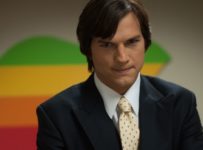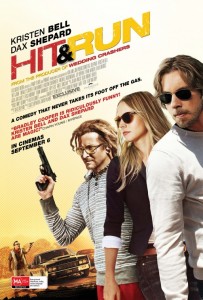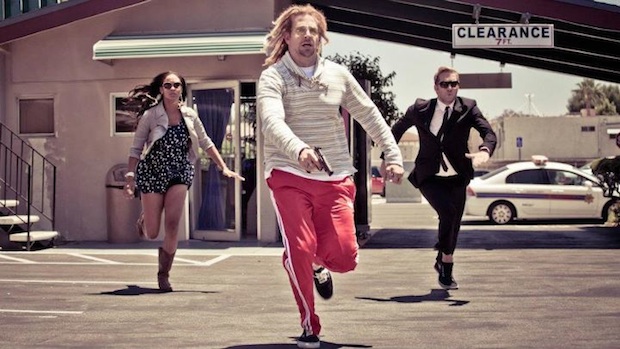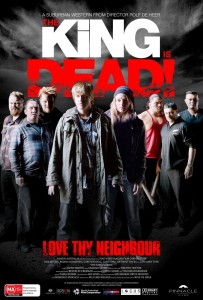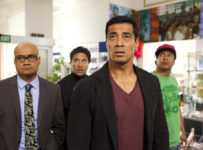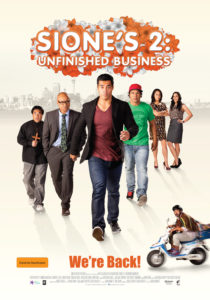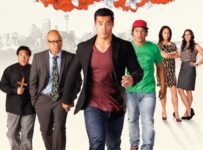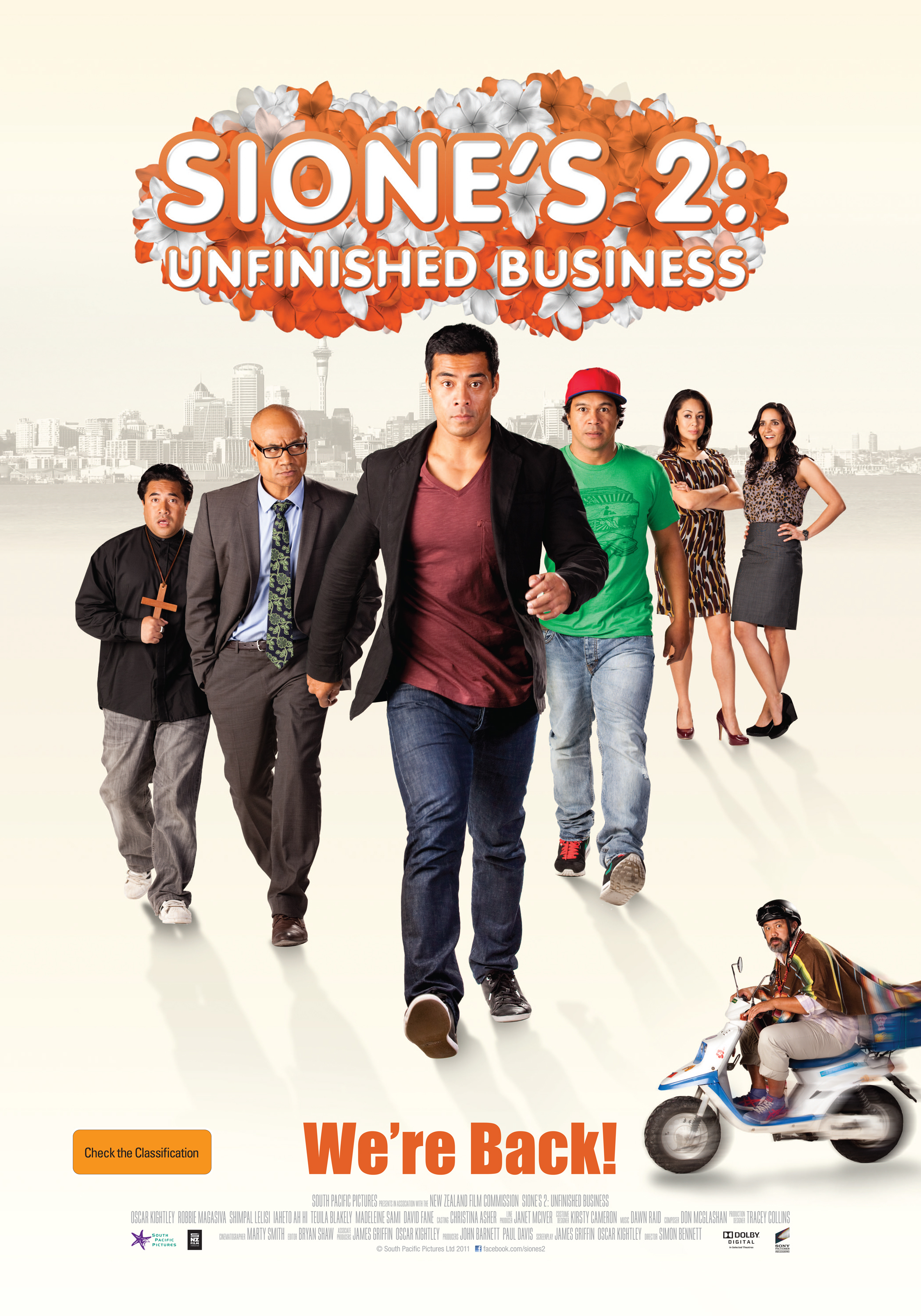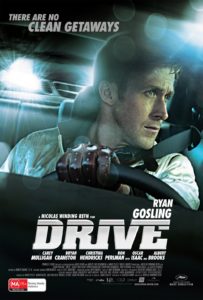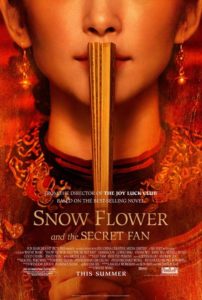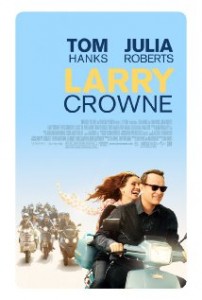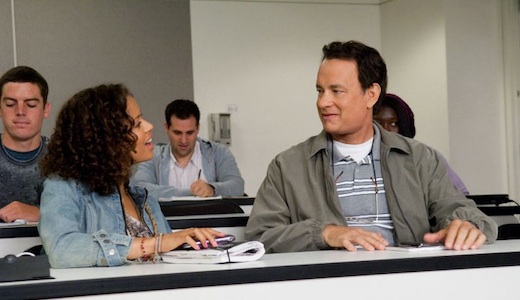An indie gem gives a neat overview of the tech guru’s life, even if it is often preaching to the converted.
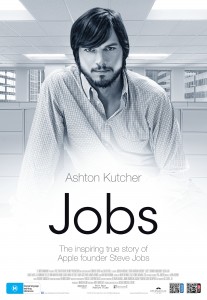 In the wake of Apple Inc’s co-founder, chairman and CEO Steve Jobs in 2011, words like “visionary”, “futurist” and “the master evangelist of the digital age” were bandied about with regularity. The impact that Apple and Jobs had on the personal computer and lifestyle technology over the last few has been incalculable, and director Joshua Michael Stern’s Jobs, written by Matt Whiteley, traces the journey of the man (portrayed by Ashton Kutcher, who completely embodies the guru) from garage geek to iPod icon. Together with Steve Wozniak (Josh Gad), Jobs co-created the first Apple in the 1970s, and went on to storm Silicon Valley with subsequent improved models and the financial support of venture capitalist Mike Markkula (Dermot Mulroney). The film documents his initial successes, his struggles to bring people up to speed with his creative vision, his departure from Apple over battles with the board and CEO John Sculley (Matthew Modine) and eventual successful return to launch the iMac and iPod lines.
In the wake of Apple Inc’s co-founder, chairman and CEO Steve Jobs in 2011, words like “visionary”, “futurist” and “the master evangelist of the digital age” were bandied about with regularity. The impact that Apple and Jobs had on the personal computer and lifestyle technology over the last few has been incalculable, and director Joshua Michael Stern’s Jobs, written by Matt Whiteley, traces the journey of the man (portrayed by Ashton Kutcher, who completely embodies the guru) from garage geek to iPod icon. Together with Steve Wozniak (Josh Gad), Jobs co-created the first Apple in the 1970s, and went on to storm Silicon Valley with subsequent improved models and the financial support of venture capitalist Mike Markkula (Dermot Mulroney). The film documents his initial successes, his struggles to bring people up to speed with his creative vision, his departure from Apple over battles with the board and CEO John Sculley (Matthew Modine) and eventual successful return to launch the iMac and iPod lines.
While the film doesn’t shy away from depicting the dark and often erratic temper he had with staff and friends, including disowning his then-girlfriend (Ahna O’Reilly) and first daughter Lisa, it’s also slightly in awe of the world that Apple and Jobs have created. This results in a great deal of assumed knowledge, leaping over years and major events so that the core narrative of the titular character’s journey remains in tact. Unlike the made-for-TV Pirates of Silicon Valley (1999), it completely sidesteps the troubled but symbiotic relationship Jobs had with Microsoft founder Bill Gates (referenced only once in Jobs), as well as his contributions to cinema during his “wilderness years”, co-founding Pixar and executive producing the first Toy Story film, and eventually becoming the largest single shareholder of the company. Indeed, the film doesn’t cover any of the last decade of his life, not even acknowledging his death in a pre-credits title card. Perhaps Whiteley is simply saying that his life is more important than his well publicised demise.
Which is essentially what the film is about. It doesn’t pretend to be a documentary, and while the impressive collection of actors lend some gravitas to the production, it’s a solid tribute to the driving force of a singular vision over several decades. In many ways, the story of Jobs is the biography of our generation, taking us from a time when “personal computer” was a foreign term to a point where we carry them in our pockets. If it inspires you, even if it is just to go and learn more about the real facts behind the fiction, then it’s done its job.
Rating: ★★★½
Jobs was released in Australia on 29 August 2013 from Pinnacle Films.
